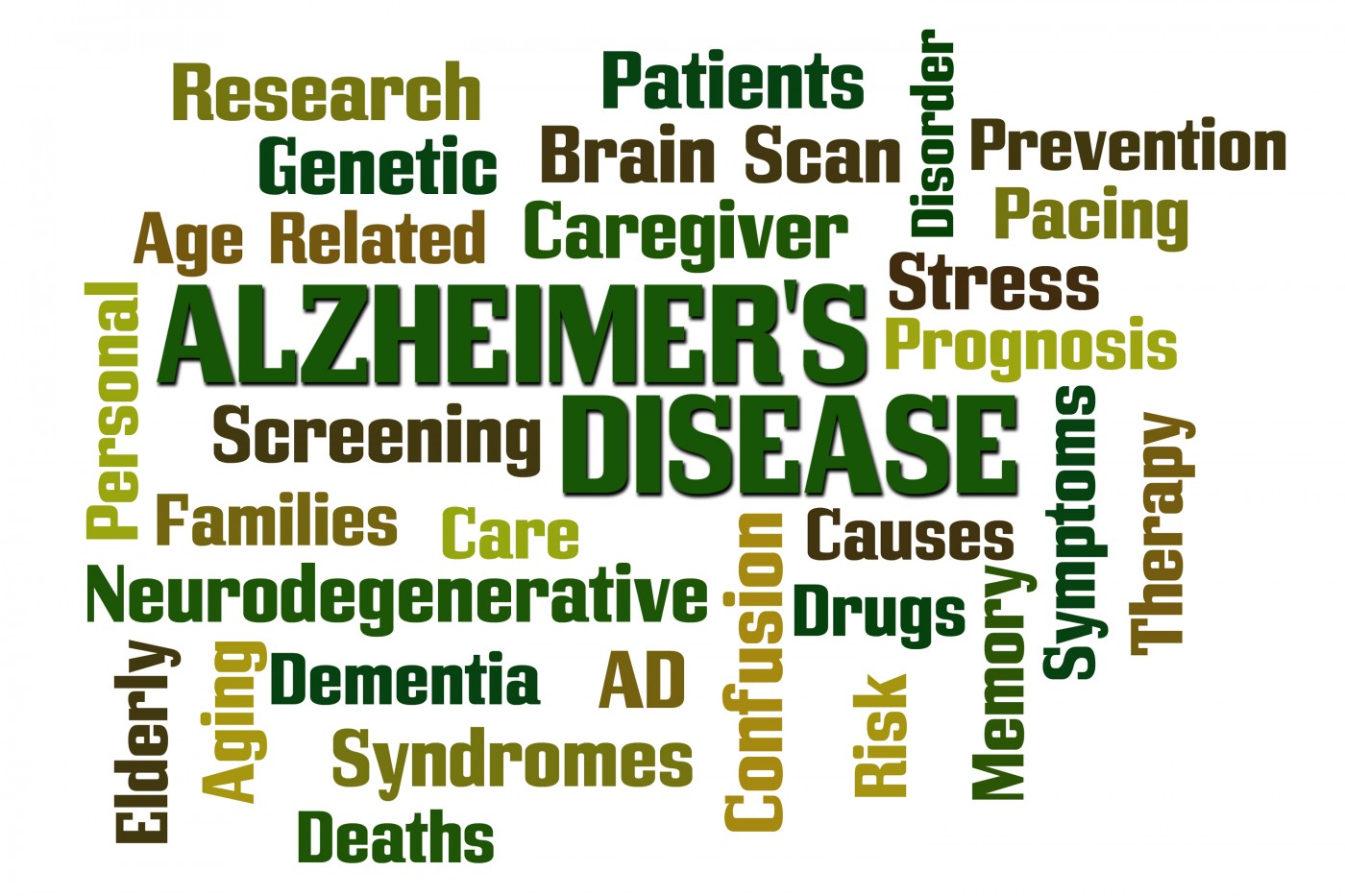Moderate Drinking Appears to Benefit Patients with Early Onset Alzheimer’s

Drinking alcohol in moderation every day — defined as two-to-three units per day — may be associated with a significantly lower mortality among people with early stage Alzheimer’s disease (AD), according to a Danish study recently published in the BMJ Open journal and titled “Alcohol consumption and mortality in patients with mild Alzheimer’s disease: a prospective cohort study.’
The negative effects of excessive alcohol consumption on both physiological and psychological health are well-established. Several population cohort studies suggest, however, that not all alcohol consumption is harmful. In fact, moderate consumption appears to have beneficial effects on most people, decreasing the risk of death from cardiovascular disease and stroke. But as alcohol is known to damage brain cells, and dementia is a neurodegenerative disorder, researchers questioned whether drinking might be particularly dangerous for those with such disorders.
To investigate whether the positive association between moderate alcohol intake and cardiovascular death documented in population-based studies on healthy subjects could be transferred to patients with mild AD, Sine Berntsen and colleagues examined 321 patients with mild AD (Mini-Mental State Examination score of 20 or less). Data regarding current daily alcohol consumption were obtained from the patient’s primary caregivers at inclusion.
The main goal of the post-hoc analysis was to determine all-cause mortality, retrieved from The Danish Civil Registration System over a period of 36 months after baseline.
The researchers analyzed data initially collected from 330 people with early stage dementia or AD and their primary caregivers as part of the Danish Alzheimer’s Intervention Study (DAISY), a longitudinal, multicenter, randomized, controlled study on the efficacy of psychosocial intervention in patients with mild AD.
Information about alcohol consumption was obtained from 321 study participants. Of these, 8% were abstinent, 71% drank alcohol occasionally (one or fewer units a day), 17% were moderate drinkers, consuming two-three units daily, and 4% drank more than three units each day.
The results revealed a 77% lower mortality rate among patients with moderate alcohol consumption, compared with patients who drank one or fewer units/day. Mortality was not significantly different in abstinent patients or in patients consuming more than three units/day, in comparison to only occasional drinkers.
These results held true even after the researchers adjusted for potential confounder variables, such as age, smoking, quality of life, other underlying conditions, living alone or with a primary caregiver, educational attainment, and MMSE result.
The researchers indicate that the results might be explained by the fact that people who drink moderately have a richer and more varied social network, which has been associated with improved life quality. They further note that the apparently protective effect of alcohol might have been caused by reverse causality, whereby those drinking very little alcohol were in the terminal phase of life and artificially inflated the positive association.
“The results of our study point towards a potential, positive association of moderate alcohol consumption on mortality in patients with Alzheimer’s disease. However, we cannot solely, on the basis of this study, either encourage or advise against moderate alcohol consumption in [these] patients,” they caution, according to a news release.
The researchers recommend further studies, particularly those looking into the effects of alcohol on cognitive decline and disease progression in patients with mild Alzheimer’s disease.






